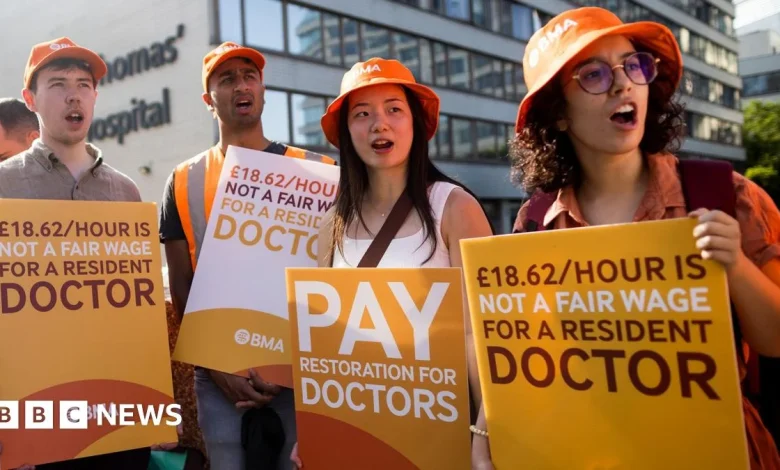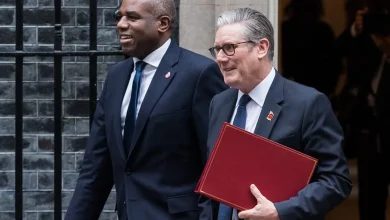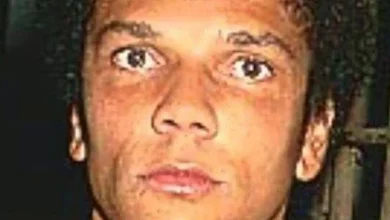Resident doctors begin 13th strike as pay dispute in England conitnues

The latest walkout comes after Health Secretary Wes Streeting launched arguably his strongest attack on the BMA.
Addressing a conference of health managers this week, he called the union “morally reprehensible” and accused it of acting like a cartel, attempting to hold the public and government to ransom.
He said doctors had received generous pay rises over the past three years – worth nearly 30%, bringing average basic salaries to just over £54,000.
Talks between him and the union broke down last week after the BMA turned down a fresh offer to end the dispute.
Streeting has maintained throughout the year that he could not negotiate on pay, but he proposed a deal that would see out-of-pocket expenses like exam fees and membership fees covered, along with a boost in speciality training places.
But the BMA has argued that, despite the pay rises, resident doctors’ pay is still a fifth lower than it was in 2008, once inflation is taken into account.
The union has also warned doctors are struggling to find jobs at a key stage of their training – between years two and three when they start speciality training.
This year there were more than 30,000 applicants for 10,000 jobs at this stage, although some will have been doctors from abroad.
“We need a solution for the jobs crisis, that bottleneck for doctors who are out of permanent work or out of consistent work,” Dr Emma Runswick, deputy chair of the BMA Council, told the BBC.
“Then we need to be able to retain those doctors throughout their careers by paying them appropriately, and that means restoration of pay.”





